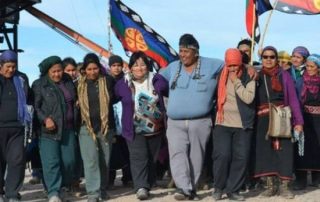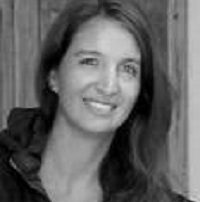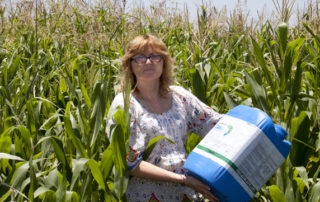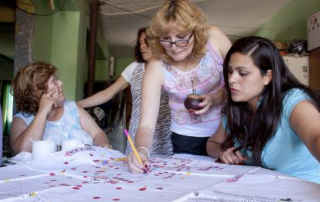Six Indigenous Women Are At The Heart Of Argentina’s Anti-Fracking Resistance
Chela Campo is amongst the six Indigenous Mapuche women from the Checho Maripe community who are putting their bodies at risk and chaining themselves to fracking machinery to stop drilling in the Argentinian Patagonia. The Mapuche come from a long legacy of resistance, first to genocide by the Argentinian state in the late 19th century, and most recently to the alliance between multinational fossil fuel companies and the Argentinian government that permitted drilling without the Mapuche’s consent. Photo credit: Checho Maripe






